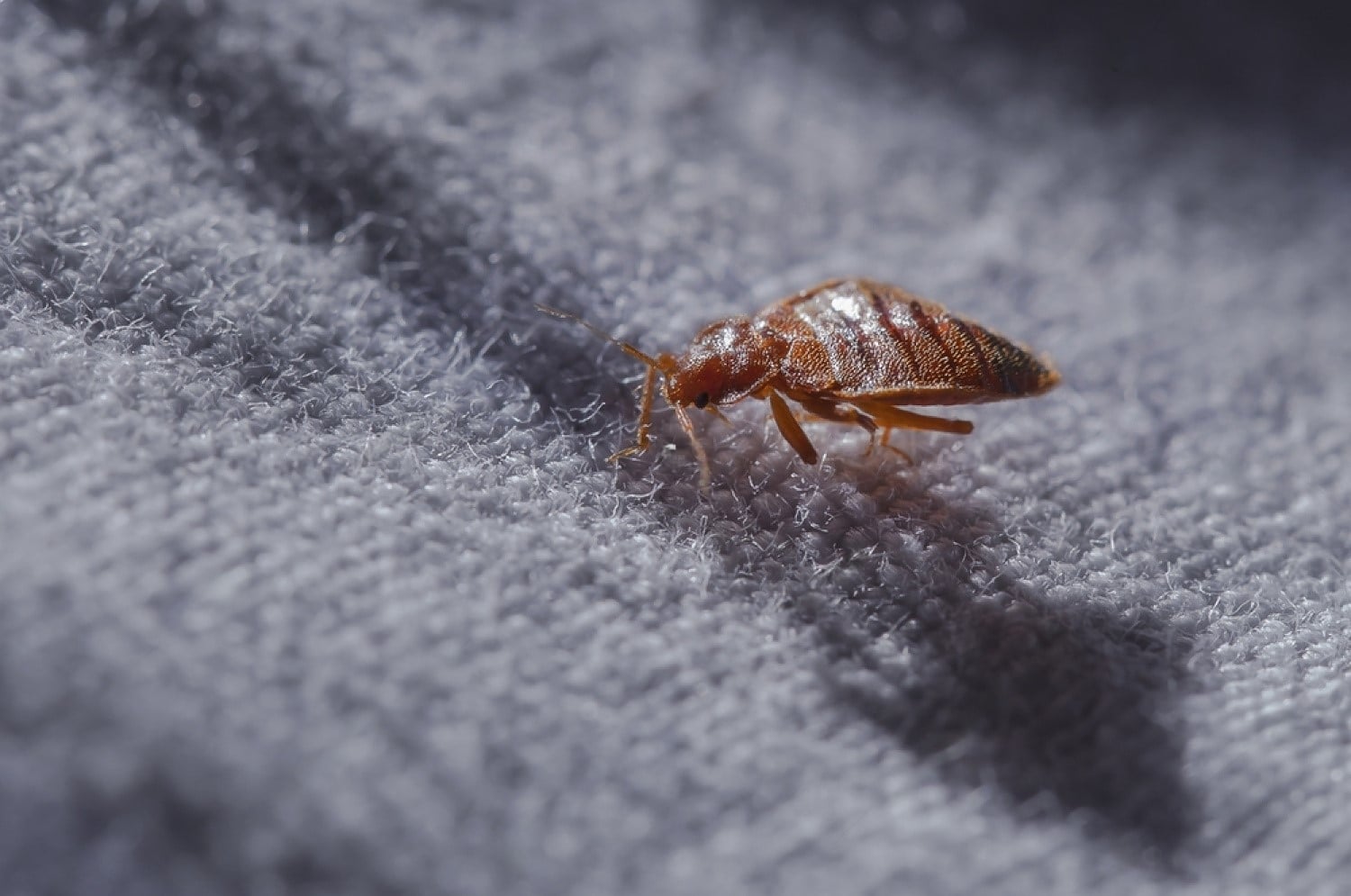A1 Bed Bug Removal Houston: Trusted Extermination Solutions
Comprehending the Lifecycle of Insects for Targeted Control Methods
Understanding the lifecycle of pests is an essential aspect of reliable insect monitoring methods. Through a much deeper understanding of just how insects grow and progress, customized control methods can be designed to attend to specific points in their lifecycle, inevitably leading to more effective pest administration outcomes.
Value of Recognizing Insect Lifecycle
Understanding the lifecycle of insects is necessary for developing efficient and targeted control approaches in insect monitoring. By understanding the numerous phases a pest goes with from egg to adult, insect control experts can determine prone factors in the lifecycle where treatment can be most effective.
In addition, recognizing the specific ecological problems essential for every stage of the parasite's lifecycle can lead choices on habitat modification or exemption approaches to interfere with the lifecycle and lower insect populations. This expertise makes it possible for pest administration experts to implement aggressive procedures instead of relying only on responsive treatments, bring about even more sustainable and long-term pest control remedies. Eventually, a detailed understanding of bug lifecycles empowers parasite control professionals to tailor their strategies successfully, taking full advantage of and minimizing ecological impacts control end results.
Secret Phases in Insect Development
To efficiently carry out targeted control strategies in insect monitoring, a crucial element hinges on comprehensively identifying and comprehending the vital phases in parasite development. Insect advancement normally is composed of several key stages that are vital for their lifecycle and monitoring. The initial stage is the egg stage, where pests lay eggs that later hatch into larvae. Larvae then advance into pupae, a stage where they go through transformation prior to becoming grown-up pests. Understanding these stages is vital as it aids in determining vulnerable points in the lifecycle where control steps can be most efficient.

Susceptabilities in Pest Lifecycle
Throughout the numerous phases of a parasite's lifecycle, distinct susceptabilities arise that can be strategically targeted for effective control measures (A1 bed bug removal houston). One essential Click Here susceptability exists in the egg stage, where insects are typically much more vulnerable to certain insecticides or biological control agents due to their soft outer shell, making them easier targets for treatment. Recognizing these susceptabilities in the bug lifecycle is necessary for establishing exact and efficient control techniques that effectively take care of bug populations while minimizing environmental influence.
Executing Targeted Control Steps

Executing targeted control actions generally entails a multi-faceted technique. This may consist of habitat alteration to make the environment much less congenial to parasites, such as removing standing water for insect control or securing entrance factors for rats. Furthermore, organic control techniques can be made use of, where natural predators or virus are introduced to keep parasite populations in check.
Chemical control, such as the mindful application of pesticides, is one more usual strategy. However, it is necessary to utilize these materials judiciously to reduce ecological influence and potential damage to non-target types. Integrated Bug Management (IPM) methods that combine various control steps in a worked with and lasting fashion are usually the most efficient in accomplishing long-lasting bug monitoring goals. By carrying out targeted control procedures based upon a thorough understanding of pest lifecycles, pest populations can be effectively regulated while minimizing threats to human wellness and the setting.
Enhanced Pest Management Practices

In addition, the incorporation of organic control representatives, such as natural predators or virus of pests, can assist lower reliance on chemical pesticides and promote a much more well balanced environment. Applying physical barriers and traps can likewise be component of enhanced insect administration techniques, supplying non-toxic and targeted services for bug control. In addition, making use of pheromones and various other semiochemicals can interrupt pest breeding patterns and interaction, leading to decreased insect populaces gradually.
Verdict
In verdict, understanding the lifecycle of pests is essential for efficient bug administration methods. By recognizing key phases in pest development and susceptabilities in their lifecycle, targeted control measures can be implemented to minimize pest populaces. Boosted parasite monitoring techniques can help in reducing the dependence on broad-spectrum chemicals and promote more eco pleasant and get redirected here lasting insect control methods. This knowledge plays a vital duty in preserving healthy ecological communities and farming efficiency.
Comprehending the lifecycle of bugs is essential for creating efficient and targeted control strategies in bug management. By understanding the various phases an insect goes via from egg to adult, parasite control experts can recognize prone factors in the lifecycle where intervention can be most effective. Ultimately, a comprehensive understanding of parasite lifecycles empowers bug control specialists to customize their strategies successfully, minimizing ecological influences and maximizing control outcomes.
By executing targeted control actions based on a comprehensive understanding of bug lifecycles, parasite populations can be efficiently regulated while minimizing dangers to human health and wellness and the environment.
By determining crucial phases in insect advancement and susceptabilities in their lifecycle, targeted control measures can be carried out to decrease pest populations.